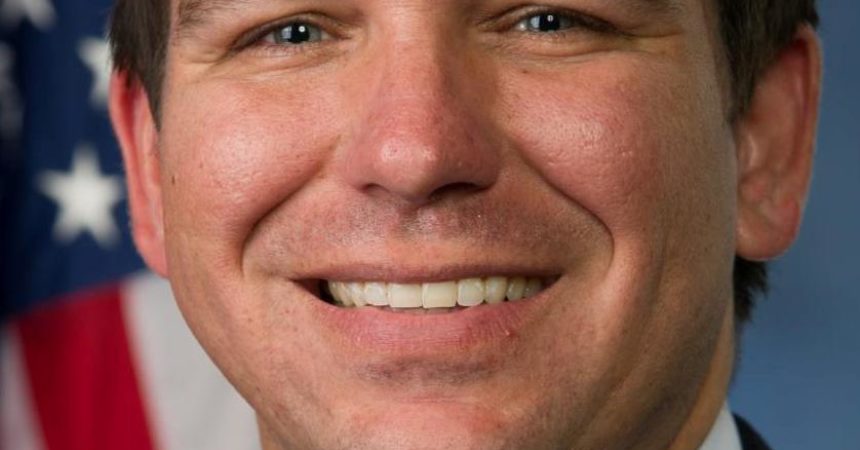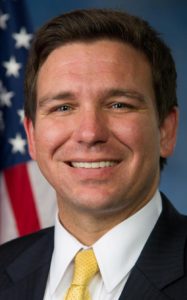
Judge refuses to issue stay in felons’ voting case

Governor Ron DeSantis
The News Service of Florida
A federal judge in Tallahassee has turned down Gov. Ron DeSantis’ request to put on hold a challenge to a new state law carrying out a constitutional amendment that restored voting rights to felons who have completed their sentences.
The Republican governor and Secretary of State Laurel Lee last week asked U.S. District Judge Robert Hinkle to put the federal lawsuit on hold while the Florida Supreme Court considers a related case. But in a brief order last Wednesday, Hinkle denied the request.
Voting rights advocates and civil rights groups filed the federal challenge shortly after DeSantis signed into law a measure (SB 7066) that requires felons to pay “legal financial obligations,” such as restitution, fines and fees, to be eligible to have their voting rights restored.
The plaintiffs in the case allege the state law imposes an unconstitutional “poll tax” and violates a number of other constitutional rights. Proponents of the law, including DeSantis and Republican lawmakers, have argued that it adheres to the wording of the amendment, which granted voting-rights restoration to felons “who have completed all terms of their sentence, including parole or probation,” excluding people “convicted of murder or a felony sexual offense.”
The terms of sentence include financial obligations ordered by courts, the defendants maintain.
DeSantis’ attorneys asked Hinkle last month to dismiss the federal lawsuit. A short time later, they sought guidance from the Florida Supreme Court about whether the state law correctly carries out the constitutional amendment, which appeared on the November ballot as Amendment 4 and was approved by nearly 65 percent of Florida voters. The state last Tuesday asked Hinkle to put the federal case on hold until the Supreme Court weighs in on the matter, “as the opinion would be instructive on a question of state law interpretation that has practical implications on the challenges raised in these actions.”
The state court is slated to hear arguments in the case on Nov. 6.







